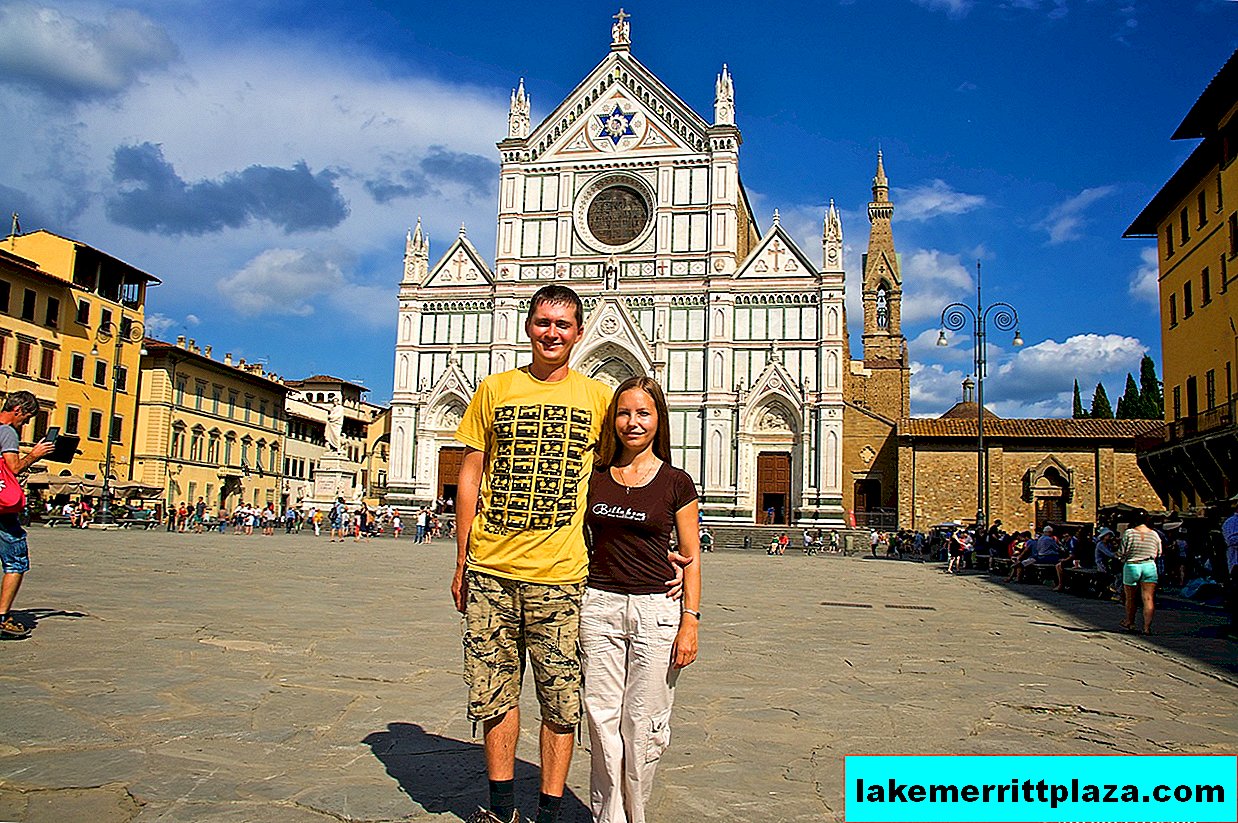The world's most popular Internet search engine has selected and "digitized" the brightest gastronomic products and handicraft products in Italy, which have already become a real national pride
Made in italy
Gran Padano, Chianti and Murano glass - all the pride of Italy is now available online
A little Altamur bread, a little Parmesan cheese, a few clementines from Calabria, to add all this with a glass of Chianti ... voila, lunch is ready! But this time the choice of dishes turned out to be an exceptional master. Google, the world's most popular search engine, has developed a unique portal called "Made in Italy: online national pride" www.google.it/madeinitaly. Here are more than 100 descriptions of Italian products that will allow you to better learn and, most importantly, understand the history and culture of this beautiful country: from Parmigiano Reggiano to Gran Padano, from prosciutto San Daniele to prosciutto di Parma.

but Eric Schmidt and his team decided not to stop at only gastronomy and presented to the visitors of the site many exceptional works of Italian artisans.
From Murano glass and Vercelli accordions to Ascoli Piceno lace, those who wish will be able to discover a whole world of Italian creative thought, unknown before, because the developers this time concentrated on small and medium-sized enterprises.

National Pride Online
Schmidt explained that thanks to the National Pride Online portal, Google aims to show that "Italian firms are able to take advantage of the economic benefits that the Internet provides." The project was implemented in collaboration with the Italian Quality Foundation of the Symbola (Fondazione Symbola) and the Venetian University of Ca'Foscari (l'Università Ca 'Foscari di Venezia).
Describing the stories of entrepreneurs and real cases from life, developers are trying to convey to Italians the idea of the need to use the Internet to strengthen their own business.
At the very beginning of the journey through the expanses of the portal, visitors will be presented with a lecture by Vint Cerf, who stood at the origins of the creation of the Internet itself.

Despite the statistics confirming the growth of online product requests "Made in italy" (+ 12% in 2013), the situation with small and medium-sized companies in this area leaves much to be desired. According to the search engine, only 34% of small and medium enterprises have their own website on the Internet and only 13% use it for online sales.
This gap should certainly be filled, taking into account the popularity of the brand "Made in Italy".
Fashion, tourism, gastronomy

Among the most frequently requested categories, fashion is the absolute leader, while tourism and food products of natural origin stand out with a significant increase in popularity. However, despite Italy’s wealth of craft and food products, the Made in Italy brand is still poorly represented on the Internet, and only a few unique Italian products are known abroad.
The Google project should help to rectify the situation and give Italian entrepreneurs the opportunity to occupy their niche in the global market for goods, because at the moment they sell their products only to a few local buyers and visiting tourists.








